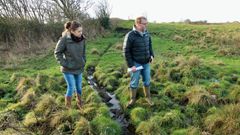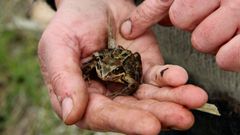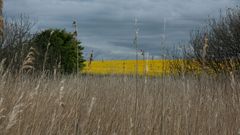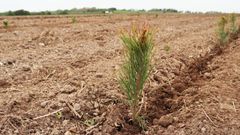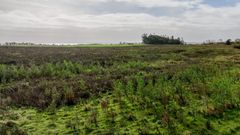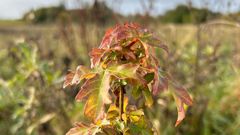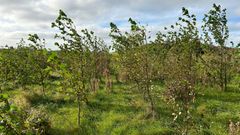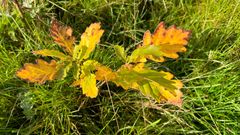Thisted forest
Discover our Thisted forest in Northern Denmark, our work there, and the trees you can buy.
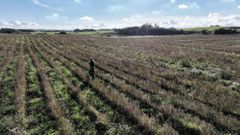
About Thisted Forest
About Thisted Forest
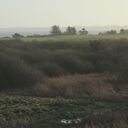

Key information
Project start date: Jul 15, 2021
Certification: FSC, PEFC
Land area: 9.4 ha
Social action: none
Biodiversity features: wetland, grassland, wild bees hotel, birdhouses, bat boxes, and insect refuges.
Temporarily closed to the public, the reopening is scheduled on 01/03
EcoTree’s initiatives
EcoTree’s initiatives
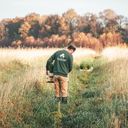
Our trees available for purchase
Discover the trees that inhabit the forest, become owners and support their sustainable management
There are currently no trees for sale in this forest.
EcoTree’s actions for biodiversity
EcoTree’s actions for biodiversity
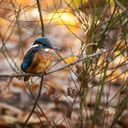
Join us in the forest
Delve into Thisted Forest
See pictures from the project.
